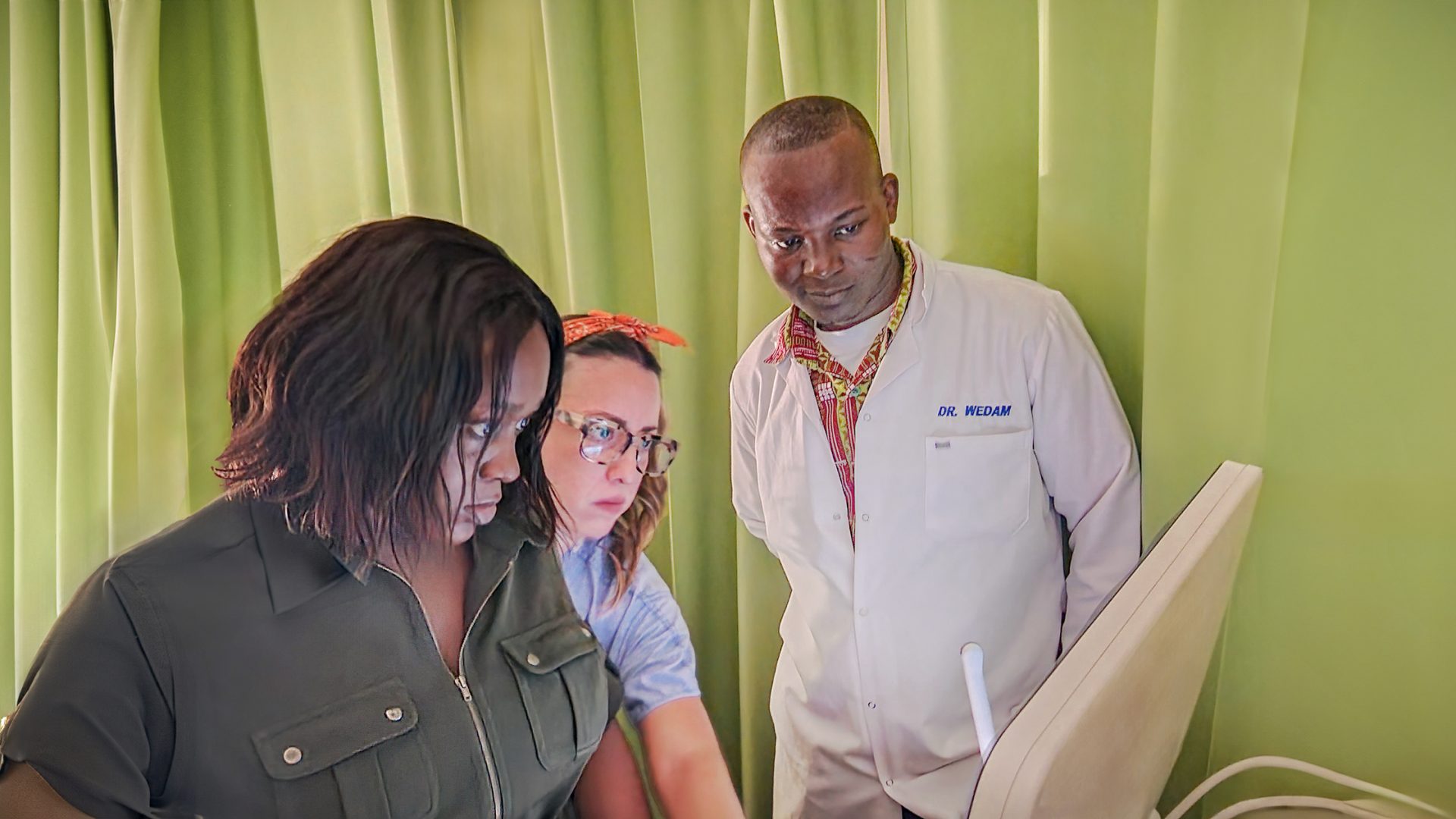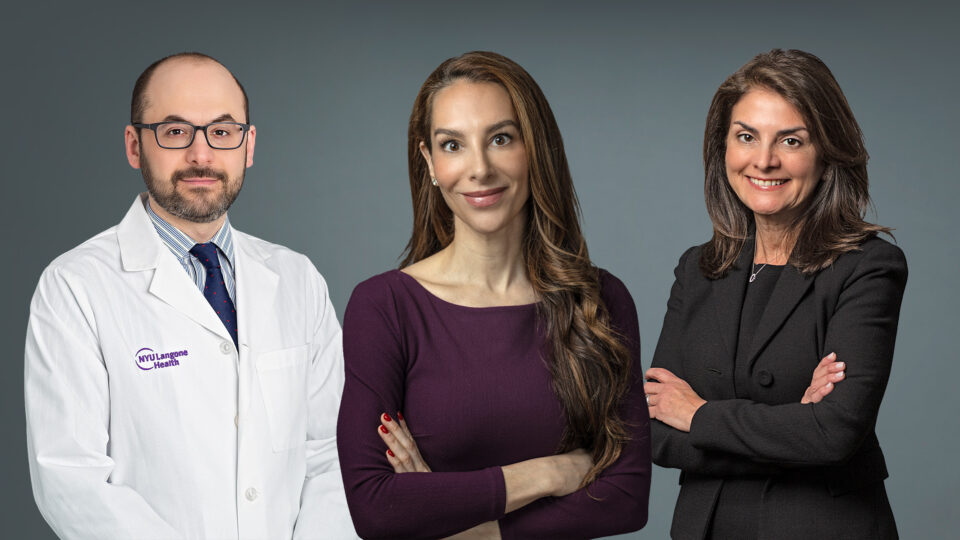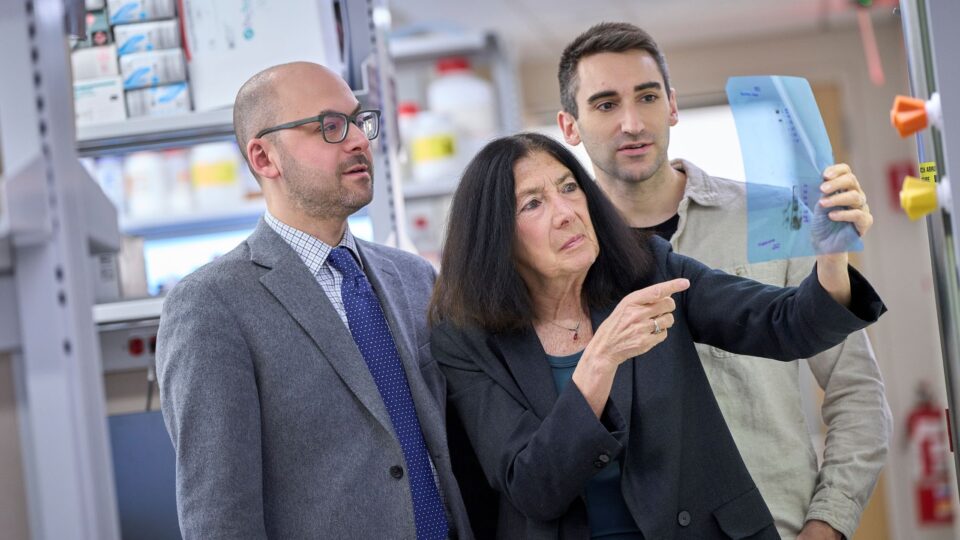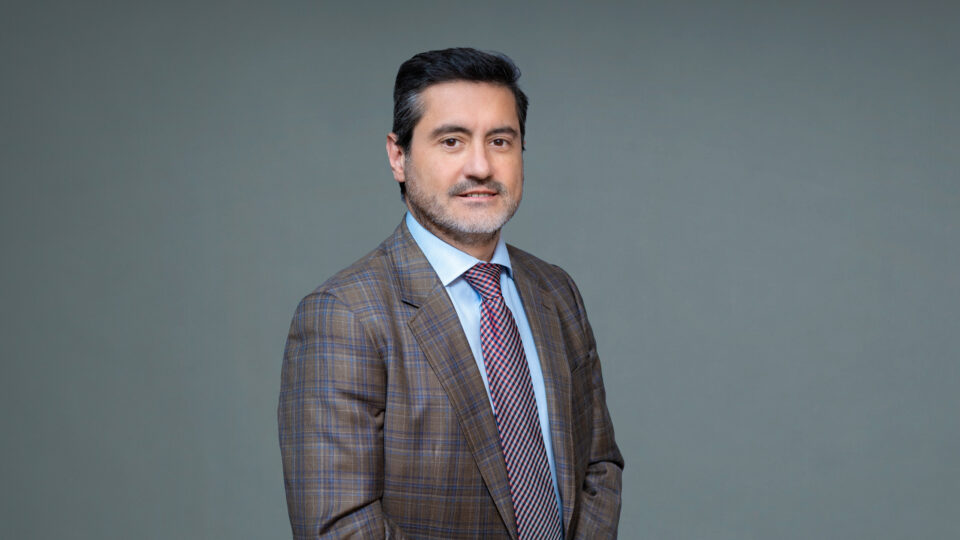Rates of maternal and infant mortality in Ghana and other parts of West Africa rank among the highest in the world. Over the past two decades, Ghana has made significant progress in reducing these rates, yet the numbers remain high. Maternal deaths stand at approximately 319 per 100,000 live births, around twice the global average. Neonatal mortality in Ghana is around 23 per 1,000 live births, around seven times higher than in the United States and Europe.
Policymakers and healthcare providers strive to continue lowering these rates, especially in northern Ghana, where improvements in maternal and infant health outcomes have lagged compared to other parts of the country.
In support of these efforts, specialists from NYU Langone Health, working through the global health initiative AMPATH, have established a maternal-fetal medicine (MFM) unit at the sole tertiary referral hospital in northern Ghana. The unit is dedicated to monitoring high-risk pregnancies, an effort known to improve perinatal outcomes.
“Every day, we scan an average of 25 women at the MFM unit, many of whom have high-risk pregnancies.”
Sasha Hernandez, MD
“Every day, we scan an average of 25 women at the MFM unit, many of whom have high-risk pregnancies,” says Sasha Hernandez, MD, a clinical assistant professor of obstetrics and gynecology at NYU Langone. “We also get referrals from nearby or district hospitals for more complicated cases.”
Dr. Hernandez is currently serving as the lead obstetrician–gynecologist for AMPATH’s initiative in Ghana, and has made Tamale, Ghana, her full-time home since 2022.
Replicating a Proven Model
AMPATH, short for Academic Model Providing Access to Healthcare, is a consortium that builds partnerships between universities and academic medical centers around the world. Its mission is to strengthen health systems and tackle health disparities in low- and middle-income countries.
About 30 years ago, the first AMPATH partnership launched in western Kenya, with the success of the model driving the consortium’s expansion into Mexico and Nepal, along with the ongoing partnership in Ghana.
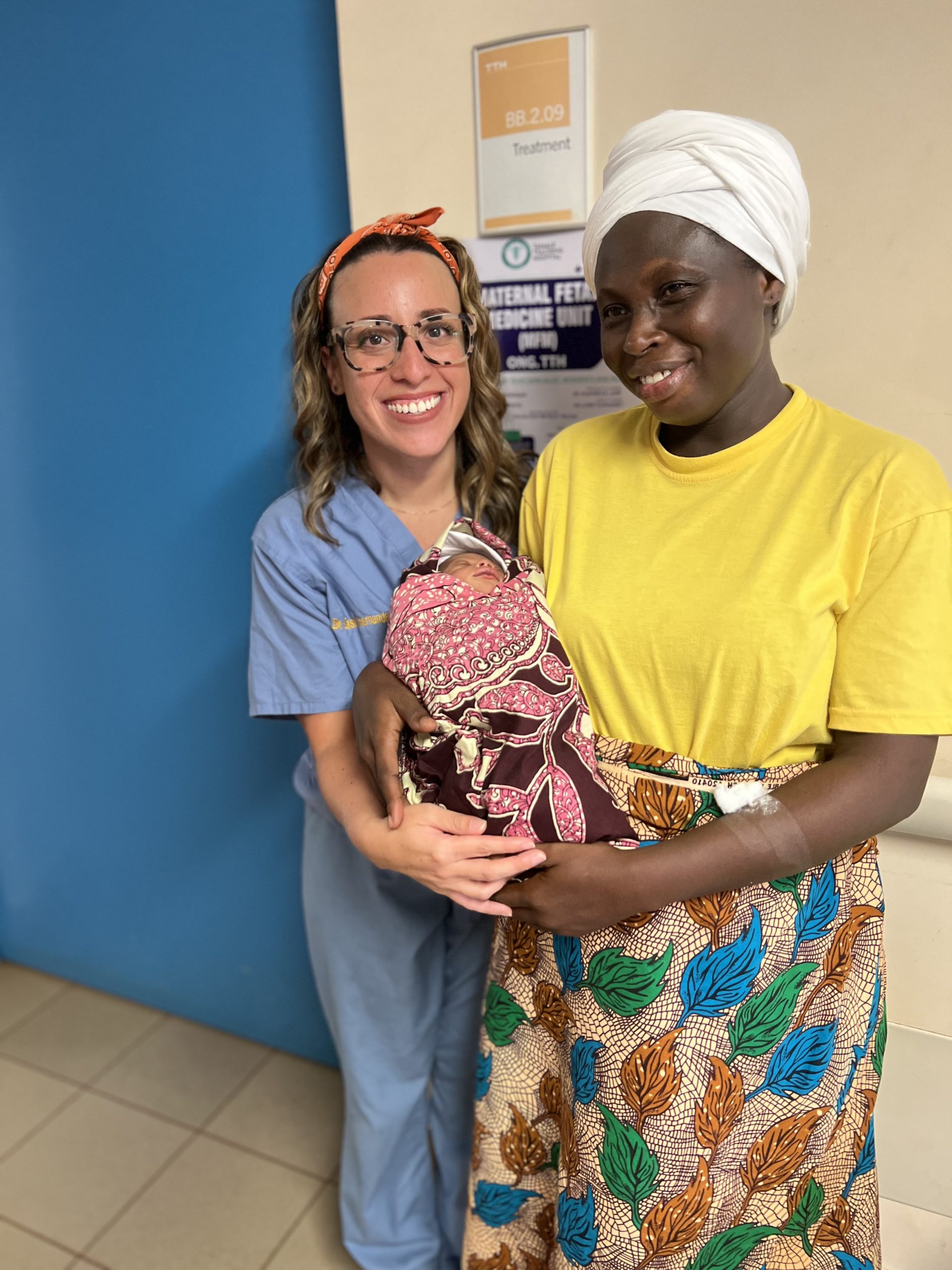
“At the core of the AMPATH model is the belief that long-term, sustainable global health partnerships are the key to improving health across the globe,” says Rajesh Vedanthan, MD, MPH, director of the Section for Global Health at NYU Langone’s Institute for Excellence in Health Equity, and an associate professor in the Department of Population Health.
Dr. Vedanthan has been involved with AMPATH Kenya for nearly two decades. “AMPATH Kenya was one of the first programs in Africa to start a comprehensive HIV clinical care program,” he says.
Care infrastructure was then extended to address cardiovascular disease, cancer, diabetes, child and adolescent health, and more. Thousands of local medical students and trainees received specialized training in the process. “These trainees will be able to impact the populations that they subsequently work with during their careers,” says Dr. Vedanthan. “I think that’s a very special thing that’s embedded within this academic relationship.”
“These trainees will be able to impact the populations that they subsequently work with during their careers. I think that’s a very special thing that’s embedded within this academic relationship.”
Rajesh Vedanthan, MD, MPH
When AMPATH leadership set out to replicate the model in other countries, Dr. Vedanthan was asked to lead the organization and launch of AMPATH Ghana. “I jumped at the opportunity,” he says.
Managing High-Risk Pregnancies
The AMPATH Ghana partnership connects NYU Langone with Ghana’s University for Development Studies and Tamale Teaching Hospital. Strengthening reproductive healthcare and launching the MFM unit were among the initial priorities. Activities began in fall 2022, involving comprehensive training for local healthcare providers in ultrasound techniques and specialized care, alongside the development of tailored protocols for managing high-risk pregnancies. By fall 2023, these efforts led to the official inauguration of the MFM unit.
This phased approach not only streamlined the implementation process but also facilitated the development of trust and effective problem-solving, says Dr. Hernandez, fostering widespread support for the MFM unit from both healthcare professionals and patients in northern Ghana.
Another boon of the MFM unit: it serves as a training ground for local residents seeking to acquire proficiency in obstetric and gynecological ultrasound. Since its inception, the unit has trained 20 physicians from the region, six of whom attained advanced ultrasound training, as well as five midwives.
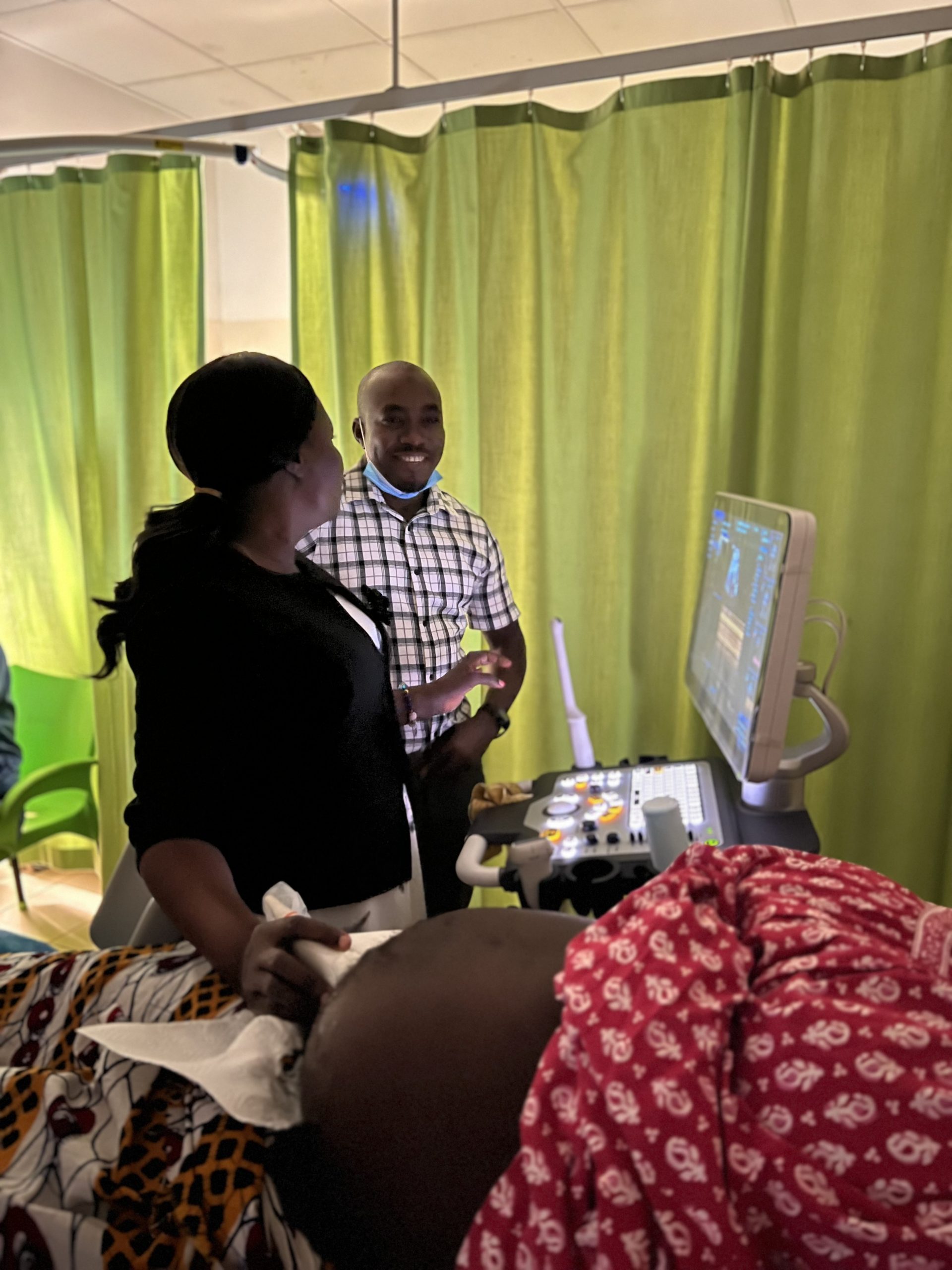
With the MFM unit now operational, the focus has expanded to assessing how ultrasound screenings are impacting outcomes for both mothers and babies related to high-risk pregnancies, particularly those with hypertensive disorders of pregnancy. “The number one cause of maternal morbidity and mortality in Ghana is hypertensive disorders of pregnancy, which includes pre-eclampsia and eclampsia,” says Dr. Hernandez. “Hypertensive disorders of pregnancy also increase the risk of stillbirth, fetal growth restriction, and neonatal death.”
Dr. Hernandez is drawing insights from the outcomes tracking to validate the effectiveness of the MFM unit and pinpoint areas for improvement. Recently, the MFM unit secured a grant from the Consortium of Universities for Global Health to evaluate clinical outcomes and patient satisfaction associated with the new innovative care model over a two-year period.
Foundation of Trust
With a focus on building relationships grounded in mutual trust, respect, and benefit, NYU Langone has stationed additional faculty members, alongside Dr. Hernandez, at Tamale Teaching Hospital. These experts are leading projects in medicine, pediatrics, mental health, and population health.
“These NYU Langone specialists are identifying priorities based on their day-to-day experiences and their discussions with their Ghanaian colleagues, and then translating these priorities into programs and initiatives,” says Dr. Vedanthan. The established foundation of trust and relationship-building now facilitates short-term visits by other NYU Langone faculty and trainees as well.
“It’s a partnership, not a project,” Dr. Hernandez says. “Building trust takes time and can be hard. But once you have that trust, what you can create together is really meaningful and impactful—and beautiful.”


